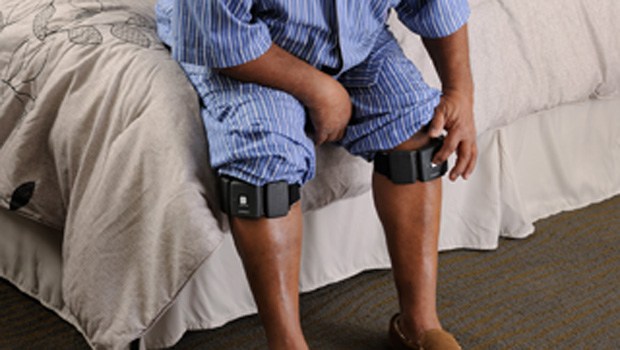Metformin Deemed Safe for Most Medical Imaging

In 2015, the American College of Radiology (ACR) changed their guidelines for how radiologists should handle patients using metformin.
Metformin is an oral drug which lowers blood sugar levels by decreasing the amount of sugar produced in the liver and increasing the sensitivity of muscle cells to insulin. Metformin is then eliminated by the kidneys. However, metformin use had been thought in the past to predispose patients with Type 2 diabetes, especially those with underlying kidney problems, to increased risk of kidney failure or serious cases of lactic acidosis.
Because of this potential risk, the ACR and the Food and Drug Administration (FDA) issued strict guidelines in 2013 about the use of metformin when contrast is used in medical imaging. These guidelines came about because such contrast can damage the kidneys in some cases, a condition called contrast-induced nephropathy. The 2013 guidelines recommended that metformin be stopped 48 hours post-procedure, and that it should not be taken again until doctors see the kidney is not injured.
In 2015, these restrictions were removed from the guidelines, according to a Medscape article. This is partly because most radiologists simply weren’t following the 2013 guidelines, and partly because the rate of contrast-induced nephropathy in metformin users has been found to be incredibly low. Also, researchers now believe that metformin is not the source for most of the kidney problems. New studies seem to show that kidney injury and lactic acidosis probably come as a result of preexisting medical conditions along with metformin buildup in the kidneys, not from just metformin use alone.
[adrotate banner=”36″]
The 2015 guidelines still do outline some instances when metformin use should be discontinued for medical imaging. For example, if a patient needs a PET/CT scan that requires the injection of fluorodeoxyglucose (FDG), then it’s recommended that metformin use be discontinued 48 hours before the procedure. This is because the presence of metformin in the body can make it more difficult for the scan to pick up malignancies such as cancer. Discontinuing metformin 48 hours before a scan may solve the problem, but elevated blood glucose levels can also affect scans, so some alternative means of bringing down blood sugar levels must be found for that 48-hour period.
As the revised guidelines show, medicine can be a complicated business, and our understanding of drug interactions is constantly evolving. With any medical procedure, it’s important to discuss all medications with your medical team.
Want more news on Type 2 diabetes? Subscribe to our newsletter here.




